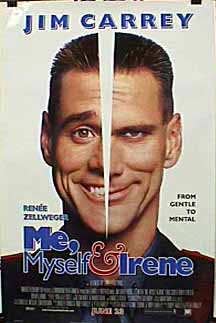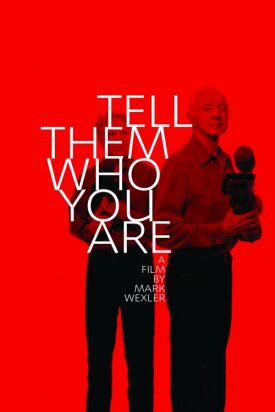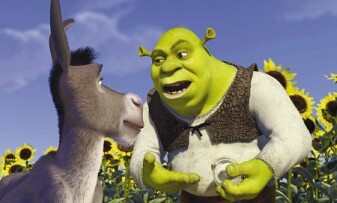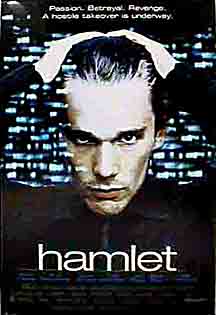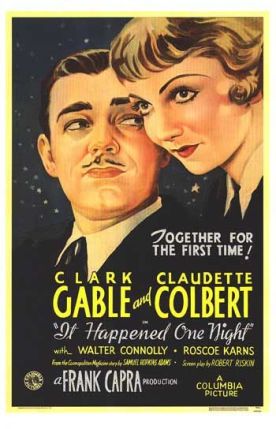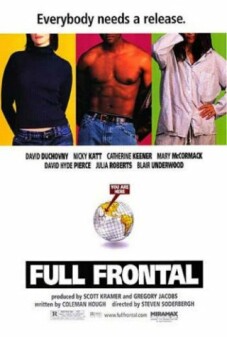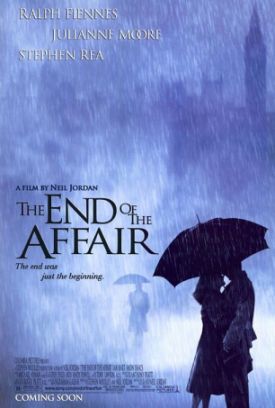Me, Myself and Irene
There would hardly be any reason to notice Me, Myself and Irene, the
latest in the series of gross-out comedies from Peter and Bobby Farrelly that
includes Dumb and Dumber, Kingpin and There’s Something About
Mary, if it did not provide yet another example of the way in which vulgar
Freudianism has become the religion of Hollywood, just as vulgar Marxism has
become the religion of American academia. Even an otherwise anarchic and
high-spirited comedy like this one gets all sober and serious as it delivers
itself of the opinion (haven’t we heard this somewhere before?) that the only
sin of which man born of woman is truly capable in this life is the sin of
“repression.”
The hero, a Rhode Island State Trooper called Charlie Baileygates (Jim
Carrey) is the plaything of fortune whose wife, neighbors, colleagues and
friends, to say nothing of the petty malefactors he attempts to set straight,
are unanimous in their contempt for his mildness and niceness. Only his
children, who are not actually his, really love him, and they are big black
dudes with “attitude” (which, if you are not au fait with the popular
culture, means bad attitude) and very foul mouths who are as abusive to
everyone else as everyone else is to Charlie. One day Charlie snaps and his
repressed resentments surface in the form of the surly and violent Hank, an
alter ego who is as nasty as Charlie is nice.
“You created him [i.e. Hank] by not dealing with your problems,” the shrink tells Charlie. By “avoiding
confrontation” he has produced reservoir of confrontationalism, all dammed up
inside him, that seeks its natural outlet in Hank. Though the film may not be
serious about much, I’ve no doubt it is serious about this, and its diagnosis of
Charlie as “an advanced delusionary schizophrenic with involuntary narcissistic
rage” is meant to provide a quasi-clinical counterpart to the more practical
opinion of one of the other characters that “the guy’s nuttier than
squirrel-turds.” It also provides Charlie with the only means by which he could
conceivably win the heart of his love interest, the fetching Renée
Zellweger. “You don’t know what it’s like being trapped all those years behind a
wall of politeness,” he says to her.
Well, not many people do these days, which is why we are so prepared to
believe that being nice to people must inevitably lead to insanity. Or, if we
are not so committed to this belief as the Farrellys seem to be, we believe it
enough to excuse the unbuttoned quality of the Farrellys’ comedy as being
vaguely therapeutic for those who would not themselves think of defecating on a
neighbor’s lawn, say, or making indecent proposals to young women they hardly
know. Charlie’s three clever and loving “sons”—Jamaal (Anthony Anderson),
Lee Harvey (Mongo Brownlee) and Shonté Junior (Jerod Mixon)—with
their motherf***ing this and motherf***ing that thus serve as a kind of chorus
of the unrepressed to show us the Farrellys’ version of humanity’s ideal. I
wonder how many of those who are thronging to see this movie share that
ideal?
Discover more from James Bowman
Subscribe to get the latest posts to your email.

